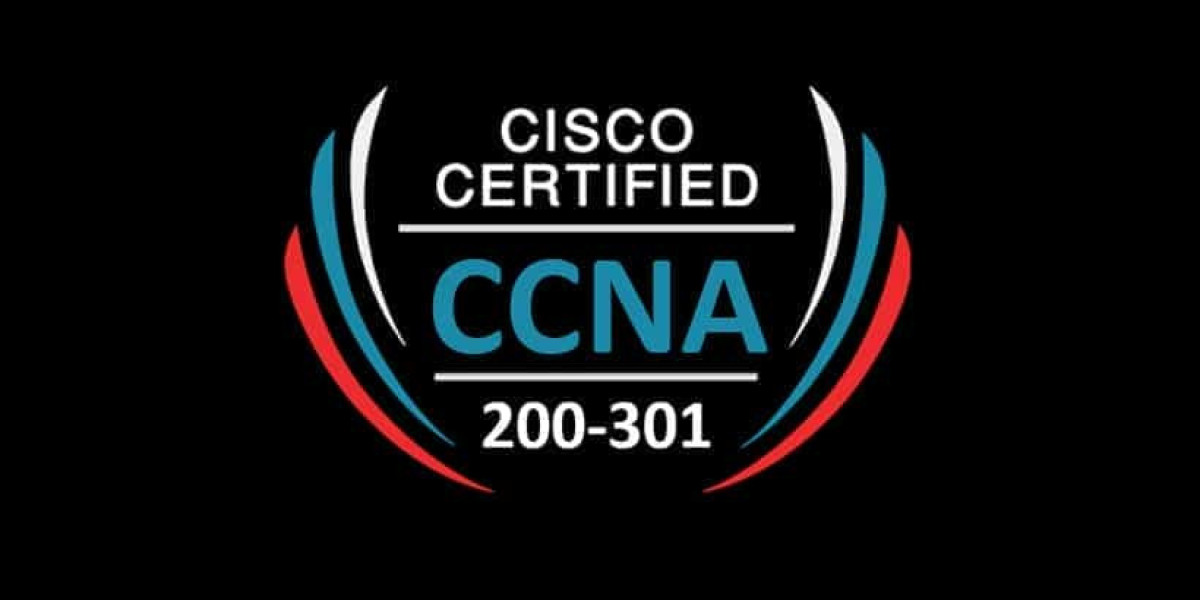The 2025 flu season in the United States has been more severe than anticipated, putting significant strain on the healthcare system. Amid these challenges, the debate around ivermectin debates in U.S. flu complications 2025 has resurfaced, creating a complex landscape for public health, regulatory oversight, and patient safety. At the same time, restructuring within the Centers for Disease Control and Prevention (CDC) has added layers of uncertainty regarding the nation’s capacity to respond effectively to flu complications. This convergence of healthcare crises and policy debates emphasizes the need for preparedness, balanced regulatory decisions, and informed discussions about alternative treatments.
? Flu Complications Straining U.S. Healthcare Resources
The ongoing flu season has revealed vulnerabilities in the U.S. healthcare system. Hospitals and emergency departments are operating at high capacity, and healthcare workers are facing unprecedented challenges.
Key challenges include:
- Increased hospitalizations: Flu-related admissions have surged, particularly among high-risk populations such as the elderly, children, and those with chronic conditions.
- Resource shortages: ICU beds, ventilators, and medical staff are in high demand, leading to temporary service limitations.
- Co-infections: Patients with flu and other respiratory illnesses, including COVID-19, complicate treatment and prolong hospital stays.
- Extended recovery times: Severe flu cases are resulting in longer hospitalizations, further straining healthcare resources.
Healthcare providers are seeking alternative approaches to manage the influx, including evaluating adjunct therapies and reassessing treatment guidelines to ensure patient safety.
?️ CDC Restructuring Impacts Healthcare Oversight Capacity
Recent restructuring efforts within the CDC have raised concerns about public health oversight. The agency has undergone workforce realignment aimed at streamlining operations and cutting costs.
Implications of CDC changes include:
- Reduced staffing: Fewer experts are available to monitor flu trends, respond to outbreaks, and update treatment recommendations.
- Slower response times: Reduced personnel may slow the CDC’s ability to issue guidance and safety alerts.
- Impact on drug oversight: Monitoring off-label medication use, such as ivermectin, may face delays or reduced scrutiny.
- Policy uncertainty: Changes in leadership and workforce create ambiguity in healthcare guidance for clinicians and patients.
This restructuring highlights the importance of efficient resource allocation and strategic planning to maintain public health readiness.
? Ivermectin Policy Debates Resurface in Flu Management
Ivermectin, traditionally approved for parasitic infections, has become a contentious topic in the context of flu treatment. Although not officially recommended for influenza, discussions have reignited due to its potential antiviral properties. Many clinicians are carefully evaluating ivermectin usage in evolving U.S. healthcare to determine whether it could be incorporated safely in high-risk cases.
Current perspectives on ivermectin use:
- Proponents argue:
- Preliminary studies suggest possible antiviral benefits.
- It may offer an adjunct option for high-risk patients.
- Off-label usage could reduce symptom severity in certain cases.
- Critics caution:
- Lack of robust clinical trials supporting flu treatment.
- Potential side effects such as dizziness, nausea, and gastrointestinal issues.
- Risks associated with incorrect dosing (6mg or 12mg) when self-administered.
The debate emphasizes the balance between innovation in treatment strategies and adherence to evidence-based medicine.
? Niclosamide in Parasitic Infection Control and Potential Viral Applications
Niclosamide is an established anti-parasitic medication with emerging interest in viral infection management.
Highlights:
- Primary use: Control of intestinal parasites.
- Investigational use: Studies indicate possible antiviral effects.
- Potential benefits: Could serve as a complementary option in flu management, though research is still ongoing.
Healthcare professionals are monitoring such developments to consider safe and effective adjunct therapies. Learning more about its mechanisms can also be done through Wikipedia.
? Fenbendazole Examined for Potential Flu Adjunct Use
Fenbendazole, commonly used in veterinary medicine, has gained attention for potential antiviral properties in humans.
Key points include:
- Current use: Effective in treating parasitic infections in animals.
- Potential human applications: Early studies suggest it may inhibit viral activity.
- Limitations: Not approved for human use in viral infections; clinical trials are necessary to ensure safety and efficacy.
This underscores the broader conversation about repurposing medications while prioritizing patient safety.
⚠️ Patient Safety Concerns in Evolving CDC Structure
The reorganization of the CDC has heightened concerns over patient safety, particularly regarding off-label drug use and flu management protocols.
Safety challenges:
- Reduced monitoring: Fewer experts to track adverse drug reactions.
- Public confusion: Mixed messages about treatments like ivermectin could lead to misuse.
- Increased risks: Patients self-medicating without proper guidance face potential side effects and dosing errors.
Ensuring robust safety measures and clear communication is crucial during times of structural change.
?️ Political Battles Shaping Drug Oversight in the U.S.
Healthcare policies in the United States are often influenced by political dynamics, which directly impact drug regulation and public health strategies.
Political implications:
- Regulatory flexibility: Leadership changes may affect how quickly medications receive evaluation for alternative uses.
- Public debate: High-profile discussions about ivermectin influence public perception and usage trends.
- Healthcare preparedness: Policy decisions can affect resource allocation, staffing, and the capacity of agencies to respond to outbreaks.
These political dynamics highlight the importance of transparent and evidence-based decision-making in drug oversight.
? Ivermectin USA: Online Availability and Safe Usage
For those considering Ivermectin USA for approved indications, purchasing from reputable sources is essential.
Key guidance:
- Trusted source: Medicoease offers ivermectin online safely in Ivermectin 6mg and Ivermectin 12mg doses.
- Consult healthcare providers: Never self-medicate; professional guidance ensures correct dosing.
- Monitor side effects: Dizziness, nausea, and gastrointestinal issues are possible.
- Follow approved indications: Only use ivermectin for parasitic infections unless under clinical supervision.
Safe access to medications ensures both effectiveness and patient safety.
? FAQs About Ivermectin and Flu Management
Q1: Is ivermectin approved for flu treatment?
No. Ivermectin is approved for parasitic infections, not influenza. Use for flu remains experimental.
Q2: What are common side effects of ivermectin?
Side effects include dizziness, nausea, vomiting, and diarrhea. Severe effects are rare but possible.
Q3: Can ivermectin be purchased online safely?
Yes, through reputable platforms such as Medicoease. Always consult a healthcare provider before purchasing.
Q4: How does CDC restructuring affect flu guidance?
Reduced staffing may delay updates, advisories, and oversight for treatments like ivermectin.
Q5: Are niclosamide and fenbendazole safe for flu treatment?
Currently, they are under investigation. Human use for influenza is not approved, and safety remains under study.
Q6: What precautions should patients take?
Follow medical guidance, avoid self-medication, and report adverse reactions promptly.
Q7: How does politics influence drug oversight?
Policy changes affect regulatory speed, approval processes, and public health messaging, influencing access to treatments.
✅ Key Takeaways
- Flu complications in 2025 have stressed U.S. healthcare systems.
- CDC workforce changes may limit oversight and guidance effectiveness.
- Ivermectin debates highlight the tension between innovation and safety.
- Alternative therapies like niclosamide and fenbendazole are being explored but are not yet approved.
- Safe online purchase of medications is possible via Medicoease.
Patient safety and adherence to evidence-based guidance are critical.







